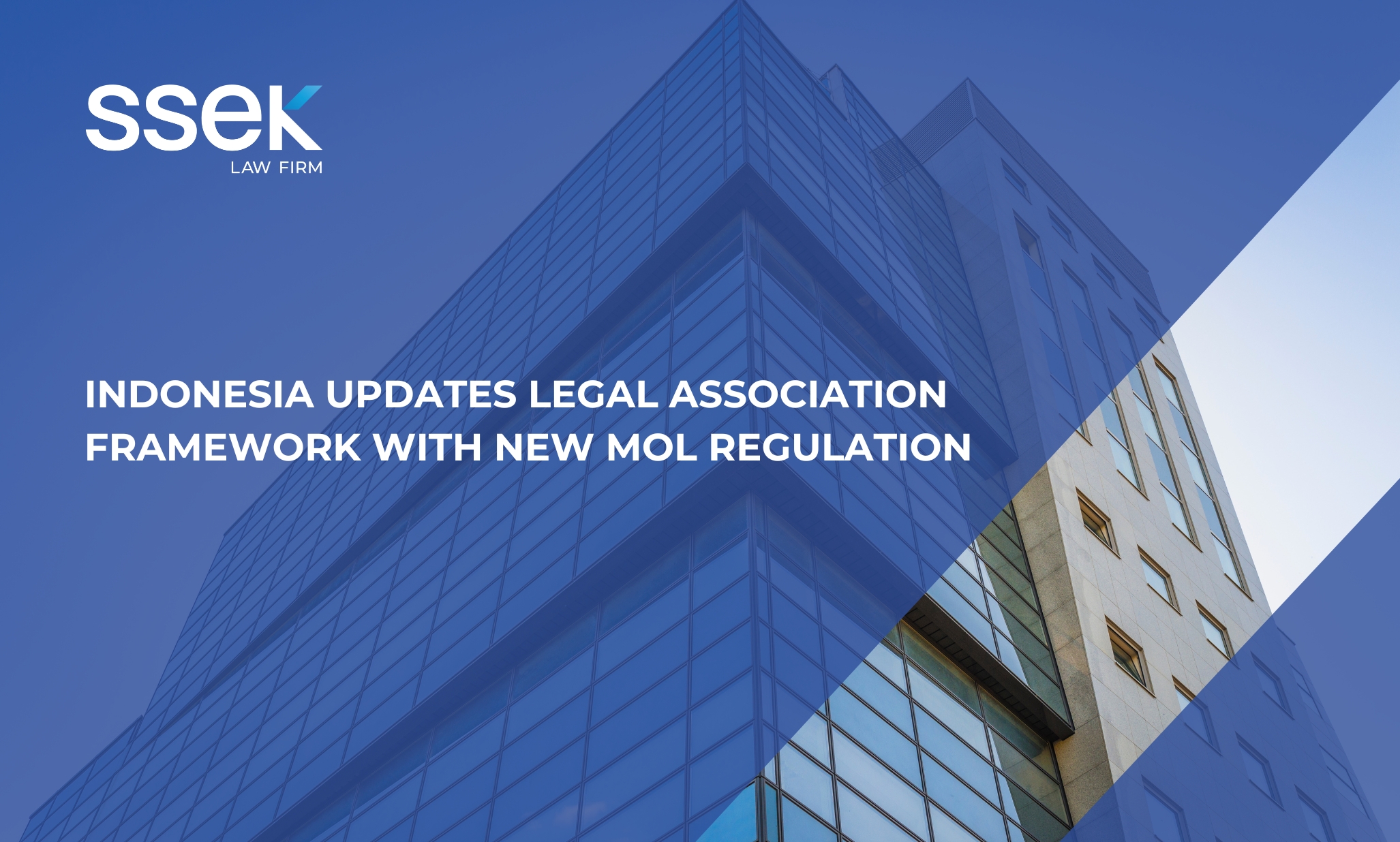


As global supply chains continue to evolve, Indonesia has emerged as a prime destination for businesses relocating production or sourcing operations. With its strategic location, competitive labor costs, and growing manufacturing sector, Indonesia offers significant advantages. However, companies must carefully navigate import-export licensing, local content requirements, and customs procedures to ensure smooth operations.
Why Indonesia?
Indonesia’s appeal as a supply chain hub lies in its strategic location along major shipping routes, offering easy access to key markets in Asia, Australia, and beyond. Indonesia has also been actively developing its manufacturing base, with government support focused on industries such as renewable energy and downstreaming.
Additionally, Indonesia offers competitive labor costs while maintaining a skilled workforce. To further attract foreign investment, the government has relaxed foreign ownership restrictions and provides incentives such as tax breaks and Special Economic Zones (“SEZs”).
Import-Export Licensing in Indonesia
Indonesia regulates imports and exports through a licensing system administered by the Ministry of Trade. To engage in import activities, an importer must obtain an Importer Identification Number (Angka Pengenal Importir or “API”), which is classified into two categories: (a) API-U (General) – for companies importing goods for direct trading purposes; and (b) API-P (Producer) – for companies importing goods for use in their own production processes.
A company must choose one of the two categories and the API is issued as part of its Business Identification Number (Nomor Induk Berusaha or “NIB”).
In addition, imported goods are classified into three categories:
- Free goods – eligible for import without specific requirements;
- Restricted goods – eligible for import subject to specific requirements; and
- Prohibited goods – not eligible for import.
Restricted goods may only be imported if specific documentation requirements are met. These generally include one or more of the following:
- Import Approval (Persetujuan Impor);
- Surveyor Report (Laporan Surveyor);
- Registered Importer (Importir Terdaftar) status; and/or
- Producer Importer (Importir Produsen) status.
Similarly, on the export side, goods are classified into three categories:
- Free goods – eligible for export without specific requirements;
- Restricted goods – eligible for export with specific requirements; and
- Prohibited goods – not eligible for export.
Restricted goods may be exported only if specific documentation requirements are fulfilled. These generally include:
- Registered Exporter Registration (Eksportir Terdaftar); and
- Export Approval (Persetujuan Ekspor).
Local Content Requirements
Indonesia enforces Local Content Requirements, known as Tingkat Komponen Dalam Negeri (“TKDN”), to promote domestic manufacturing. These rules mandate a minimum percentage of locally sourced materials in goods, services, or a combination of both. For example, electronics and automotive manufacturers must meet local content thresholds ranging from 25% to 40% to qualify for government procurement contracts or tax incentives.
To comply with TKDN requirements, companies may need to partner with local suppliers or establish domestic production facilities. Certification from the Ministry of Industry is mandatory to prove compliance. Failure to meet TKDN thresholds can result in the loss of tax benefits or disqualification from government projects.
Regulatory Updates
On the import side, the Indonesian government recently updated import customs procedures through Director General of Customs and Excise Regulation (“DGCE Reg.”) No. PER-5/BC/2025. This new regulation introduces key revisions focused on updating the terminology, format, and procedural elements of the customs declaration process. One of the key amendments introduced under this regulation is the expanded scope of customs declaration requirements, which previously applied only to “personal goods of passengers” and now covers “all goods carried by passengers, whether for personal use or other purposes”.
In addition, the Indonesian government is in the process of amending Minister of Trade Regulation No. 8 of 2024 regarding Import Policy and Provisions. The amendment, which is expected to be completed by the end of Q3 2025, is intended to revise, among other things, the import process for articles of apparel and clothing accessories. The draft amendment is not yet publicly available, but we are monitoring developments closely.
On the export side, the Indonesian government recently updated export customs rules through DGCE Reg. 22/BC/2024. One of the key updates under this regulation is the mandatory use of the DGCE’s new computerized service system, Sistem Komputer Pelayanan (“SKP”), for all export notifications, replacing the previous system and its mix of manual and electronic submissions.
Documentation must now follow standardized formats, including the harmonization of folio-sized forms and the addition of fields such as consolidating party details and serial numbers, improving traceability and reducing errors. This regulation also introduces provisions for SEZs such as free trade zones and bonded logistics centers.
This publication is intended for informational purposes only and does not constitute legal advice. Any reliance on the material contained herein is at the user’s own risk. All SSEK publications are copyrighted and may not be reproduced without the express written consent of SSEK.









